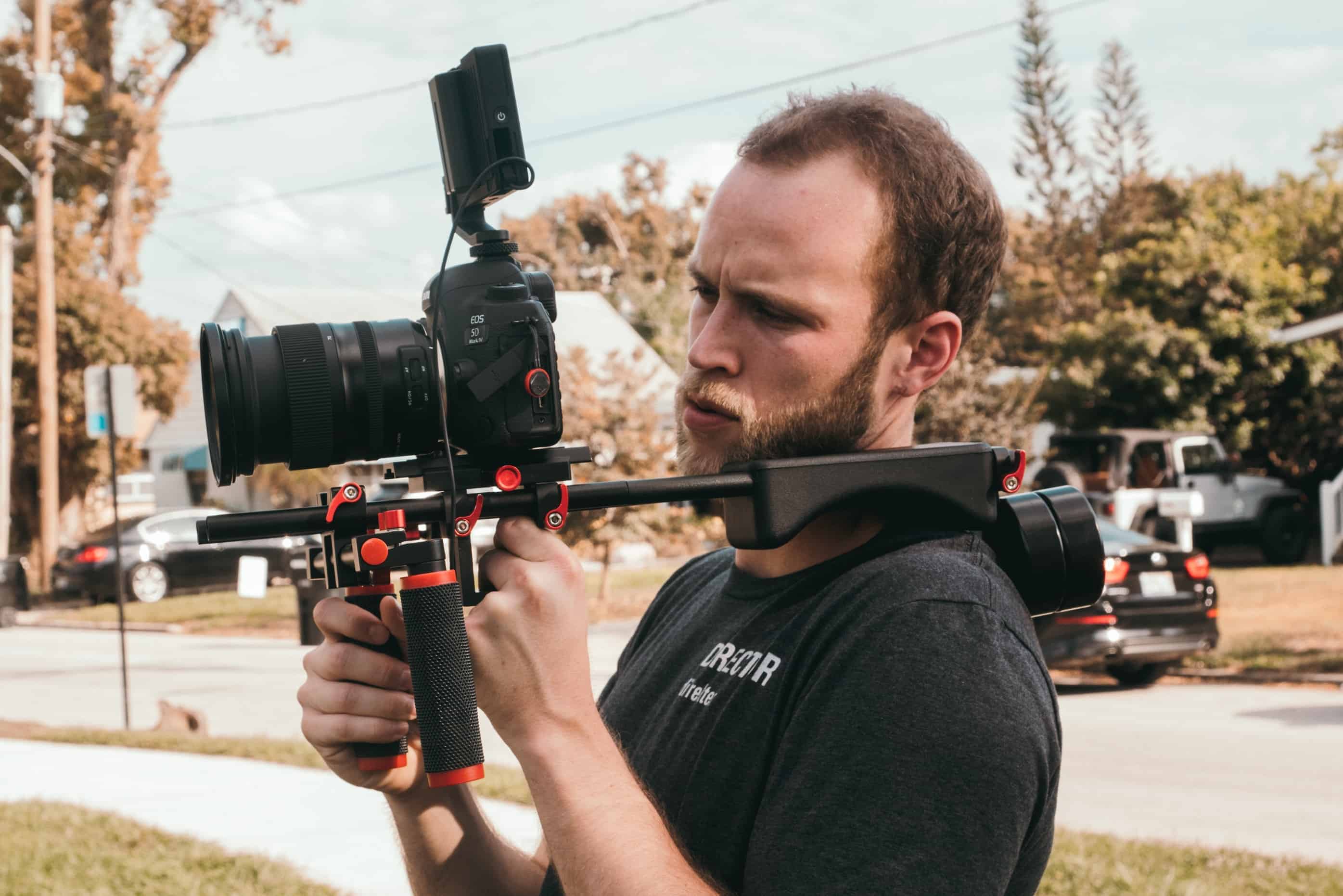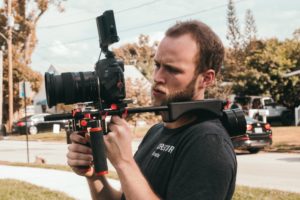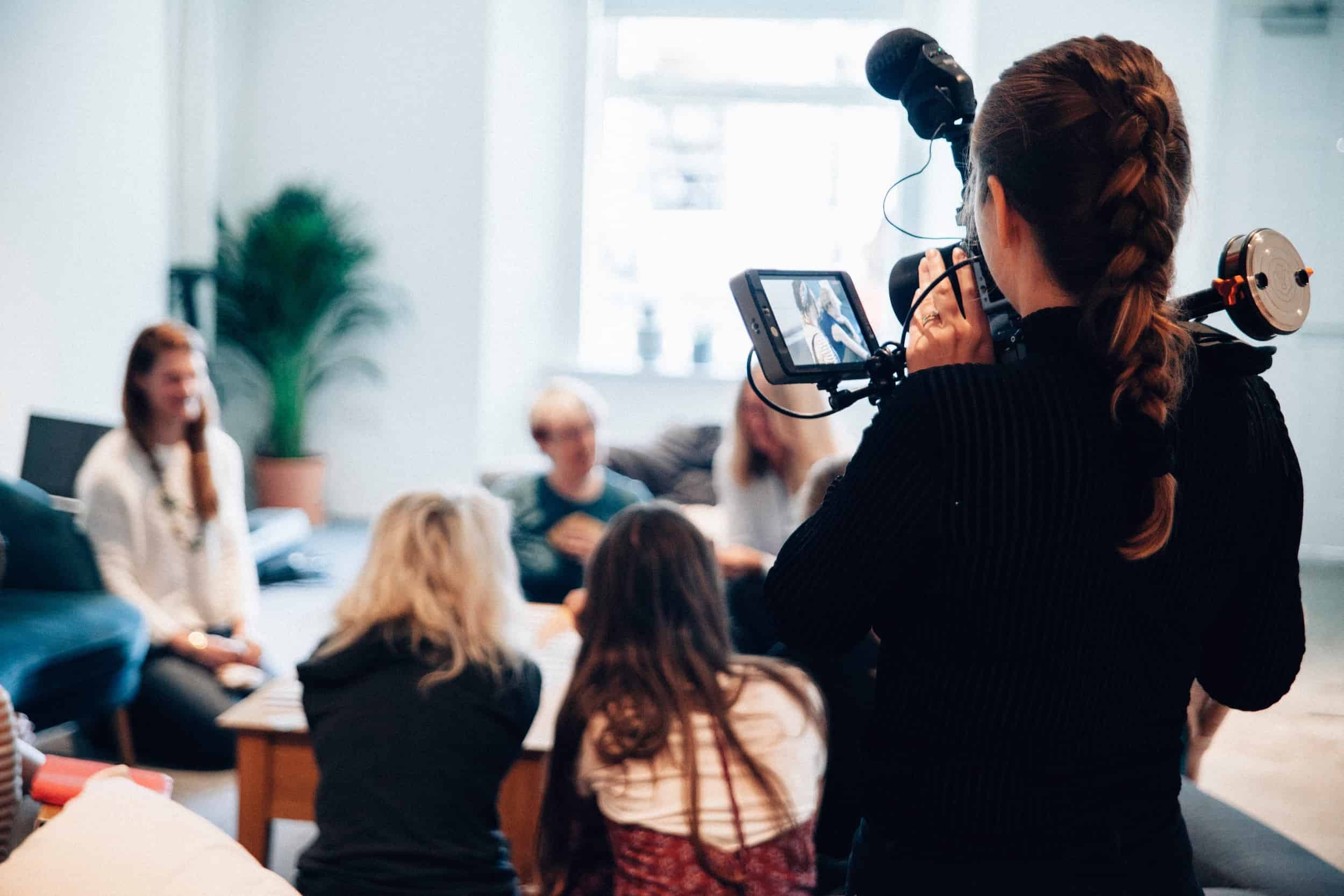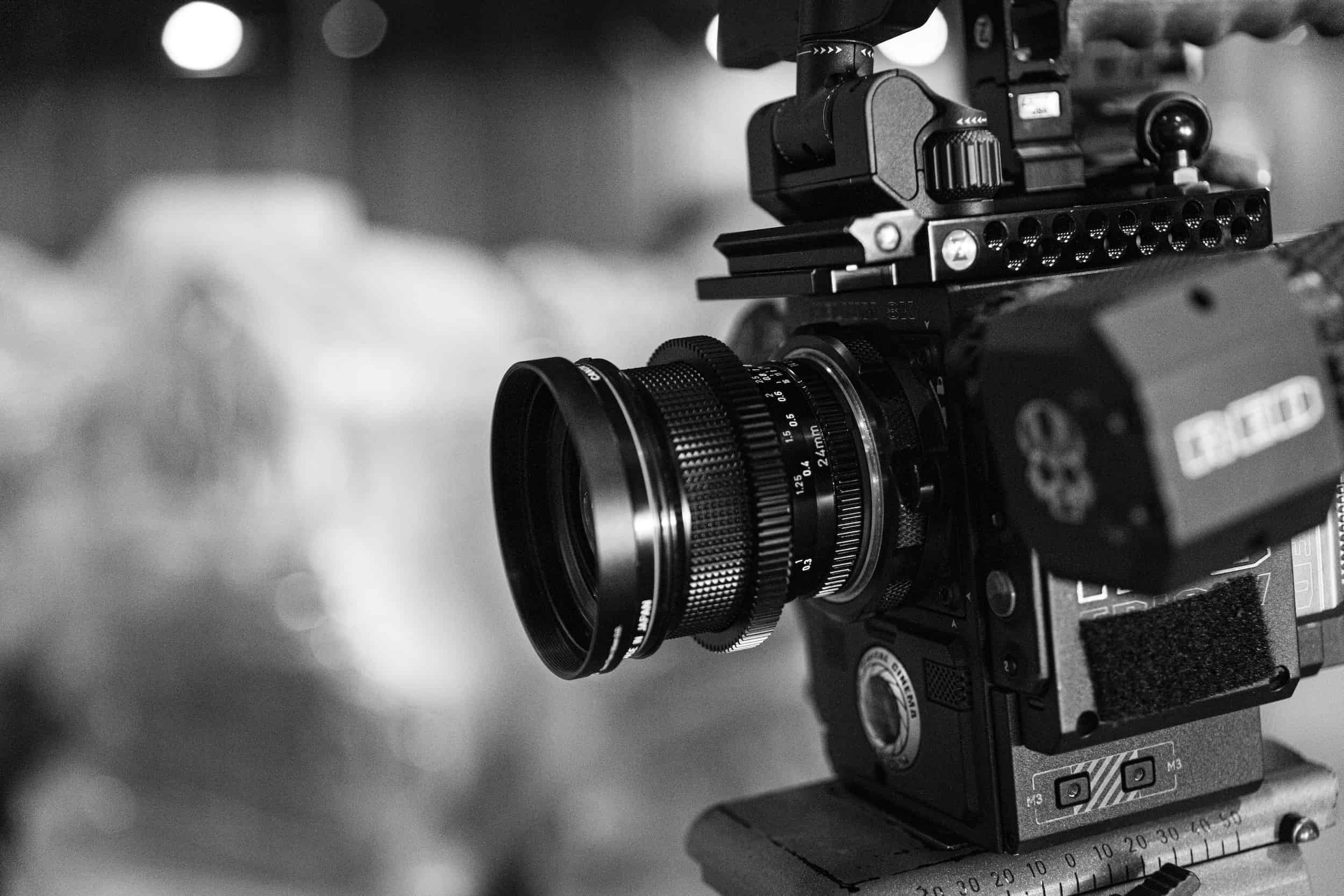
10 Jun What is a Legal Videographer?
Although there are many occupations for someone interested in videography, it can be a competitive field that is hard to break in to. Legal videography is an exciting career that offers many benefits and opportunities which can set you apart in your field. There are a few requirements one must meet before they can become a legal videographer. However, the potential for growth along with the salary potential makes the extra preparation well worth the effort.
What exactly is a legal videographer? A legal videographer is responsible for recording legal proceedings. Most often, a legal videographer will use professional audio and video equipment to record trials in court. They also record legal depositions or even evidence for a trial such as damaged property. Occasionally, a legal videographer will be employed to record an important meeting such as a large real estate transaction, or even the signing of a personal will to eliminate potential disputes in the future.
The demand for legal videography continues to grow steadily as technology becomes a larger part of our culture. Legal videography is an excellent career path for someone who already owns professional audio and video equipment. However, it is equally promising for someone who has never touched a professional video camera. There are several steps one must take in their journey to becoming a successful legal videographer.
Job Opportunities for a Legal Videographer
 Other titles for a legal videographer include court videographer or forensic videographer. This knowledge should provide you with insight into some of the jobs a legal videographer is responsible for. Several of the things a legal videographer records are:
Other titles for a legal videographer include court videographer or forensic videographer. This knowledge should provide you with insight into some of the jobs a legal videographer is responsible for. Several of the things a legal videographer records are:
- Trials in court are recorded by legal videographers. This enables anyone reviewing the trial after its completion to observe the body language and response of all parties involved. It is easy to assess any mistakes during a trial when you have access to video footage of the event.
- Depositions are one of the primary ways a legal videographer is used. A deposition is a meeting that happens outside of the courtroom during the investigative stage of a trial. During a deposition, a witness will give their testimony under oath. A judge will often view the footage of the depositions during the trial. Legal videographers also record video depositions when a witness is seriously ill or nearing death as a way to preserve their testimony.
- Evidence that can not be moved or physically displayed during the trial (such as a damaged building or vehicle) is often recorded by a legal videographer to present during the trial.
- Real Estate Transactions are sometimes recorded by a legal videographer when it involves a large property.
- Execution of a Will (or the signing of a will which makes it legally binding) is occasionally filmed by a legal videographer.
As you can see, there are several opportunities for legal videographers. The firm or company that each videographer works for will largely dictate the type of jobs they receive.
Where a Legal Videographer Works
There are several ways that a legal videographer can find work. Many legal videographers work for a court reporting firm where they receive a salary directly from their employer and assignment to various cases.
Occasionally, a law enforcement agency will have a legal videographer as part of their staff. The primary responsibility of a videographer in this capacity is to record crime scene investigations or evidence. Many of these positions, however, are filled through court reporting firms or by freelance videographers.
The majority of successful legal videographers work as freelance videographers. Legal videographers that do freelance work have an extremely flexible schedule and are able to accept jobs that interest them.
Networking is key to freelance videography work as you are the one responsible for finding new clients. Many freelance legal videographers develop partnerships with legal firms to establish a steady flow of work. Although they do not receive a consistent salary, they are able to set their rates according to their skill level and availability.
How to Become a Legal Videographer
Legal videography is one of the few careers where you can earn a significant amount of money without a college degree. Becoming a legal videographer requires only a high school diploma or equivalent.
Although a college degree is not a necessity, an aspiring legal videographer may find that a degree sets them apart from their competitors. An associate or bachelor’s degree in media production would offer the most valuable training for this profession.
It is very wise to pursue further education in several areas, even without a college degree. These areas include a base knowledge of:
- Criminal Justice
- Videography
- Forensics
- Video Production and Editing
Many community colleges or trade schools offer these programs. Having a basic understanding of the areas above will provide you with a competitive edge while applying for positions as a legal videographer.
As with any career, it is important to continue your education, even after years in the industry. Technology is constantly changing and improving, it is crucial that you adapt to those changes as they come.
Certification Requirements
Although a college degree is not a requirement when pursuing legal videography, many employers might prefer hiring someone with certification to verify that they are capable of the job. Certified Legal Video Specialist (or CLVS for short) is the primary certification one can obtain as a legal videographer. This certification has three parts:
- Mandatory Certification Workshop is a nine-module course that covers the basics of recording a deposition, the primary job of a legal videographer. This course is available both online and in-person through several agencies.
- Production Exam is given twice a year. This exam consists of a mock deposition which you will first record and then produce. The aspiring legal videographer receives a grade on both their ability to follow CLVS guidelines during the deposition and also on the final video they produce.
- Written Knowledge Test is the final portion of the CLVS certification. This test includes 120 multiple-choice questions. You must receive a passing grade of 70 or higher to earn your certification.
Once you pass your CLVS certification course, you must meet certain requirements each year to maintain your certification as a legal videographer. The primary purpose behind these requirements is to ensure that the videographer is continuing their education and growth in their field.
In addition to a membership fee, organizations like NCRA also require continuing education through approved seminars each year. You can find more information on those requirements here.
There are additional certifications that a legal videographer may obtain if they desire to do so. Certified Deposition Video Specialist (CDVS), Certified Evidentiary Video Specialist (CEVS), and Certified Trial Technology Specialist (CTTS) are just a few of the other certifications that a career legal videographer may wish to add to their resume.
It’s important to note, however, that these certifications are by no means mandatory. You can start a successful legal videography business without obtaining certification from the aforementioned groups.
Legal Videographer Salary
Working as a legal videographer can be a rewarding career, especially considering that the preliminary requirements are easy to obtain. The salary of a legal videographer can vary greatly based on several factors.
Some of the things that will dictate the amount of money you can make in this profession are your experience in the field, further education or certifications you have obtained, and even the geographical area in which you work. However, the average salary for a legal videographer in the United States ranges between $52,000 and $75,000 a year.
Many legal videographers who choose to freelance are also able to take on other types of videography clients which can increase their salary as they desire. Legal videographers who work for a court reporting firm are typically unable to work with other clients on the side. However, they do make a consistent salary, something that a freelance videographer does not have.
Related Questions
What equipment does a legal videographer need? Although the equipment used by each legal videographer may vary, there are several tools that are essential to the job. A video camera, audio mixer, microphones, backdrops, headphones, and other various accessories are necessary to both record and produce a legal deposition or trial. It is also wise to have backup equipment in the event of technical difficulties while recording a client.
What does a legal videographer do on a given day? The daily schedule of a legal videographer varies greatly. However, the primary responsibility of a legal videographer is attending trials and depositions to record the process. They also spend time editing the final video and presenting video evidence in the courtroom during a trial. Networking with others in the legal industry is also important as a way to obtain new clients.
Why do I need to hire a legal videographer? In some states, attorneys or paralegals are allowed to film their own video depositions. However, the deposition process can be long and tiring. A legal videographer has training specifically for this situation. They also have high-quality equipment. This enables them to capture both the audio and visual needed to create a compelling deposition. It is always a good business practice to provide each of your clients with the best resources available. One of the easiest ways to do that is by partnering with other professionals, such as a legal videographer.
You can read more about filming a video deposition as a legal videographer here.





